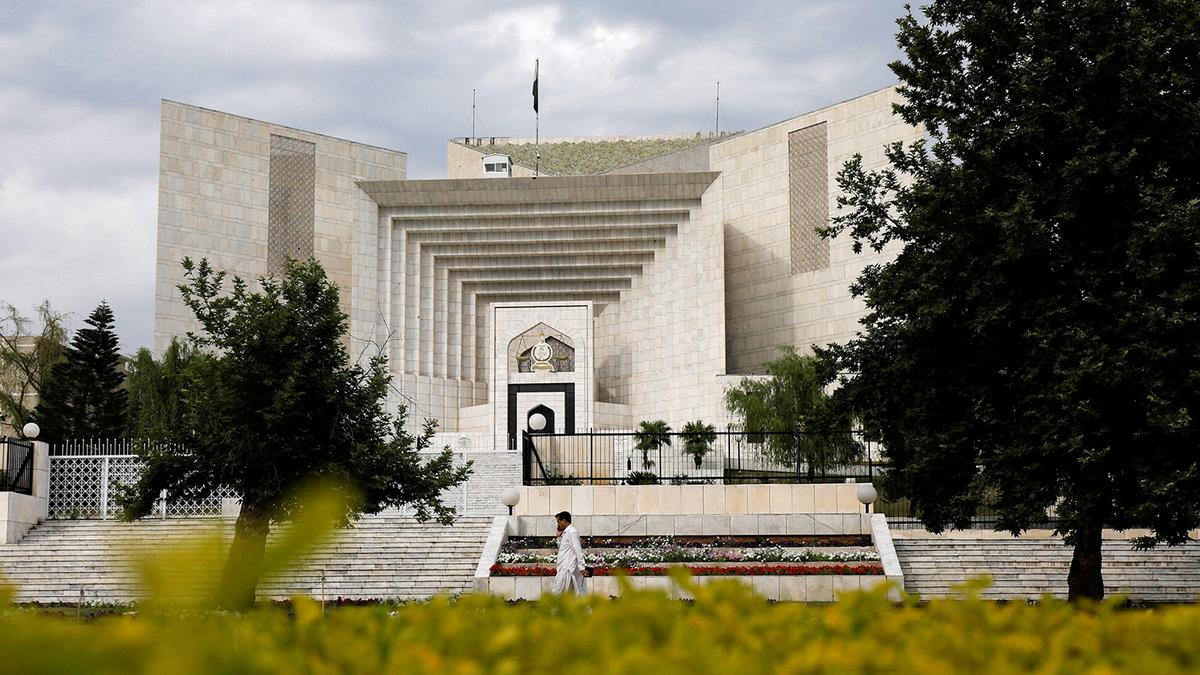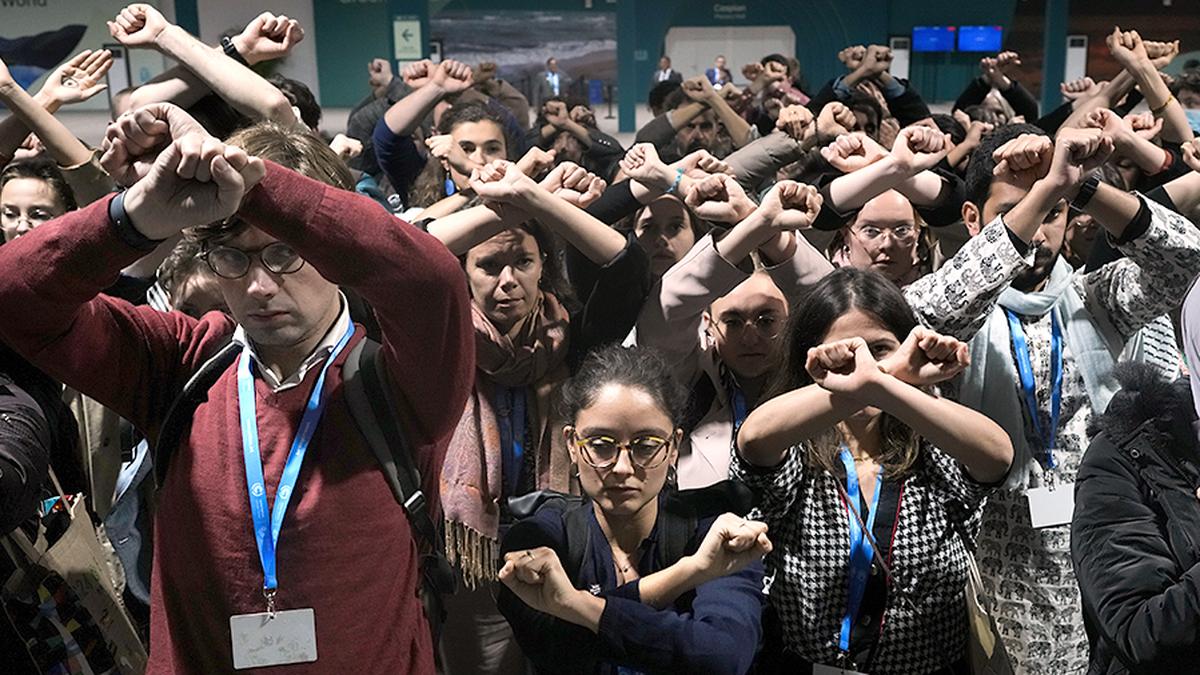In a blow to the Pakistan government, the Supreme Court ruled that national or provincial assemblies cannot make prospective or retrospective laws which are against fundamental rights guaranteed in the Constitution.
The observations from Justice Syed Mansoor Ali Shah come within days after Speaker National Assembly Ayaz Sadiq sent a letter to the Election Commission of Pakistan (ECP) to retrospectively implement a change made by Parliament in the elections laws to restrict independently elected lawmakers from joining any political party.
Justice Shah was heading a three-judge bench, which heard a set of appeals challenging the amendments made in 2019 to Section 65B of the Income Tax Ordinance (ITO), 2001.
Dawn newspaper reported that Justice Shah in the judgement wrote that Article 8 of the Constitution restricted the legislative powers of parliament and provincial assemblies by stopping them from making any law that affects the constitutional rights of people.
Neither parliament nor the provincial assemblies could exercise their legislative powers in a manner prohibited by this article.
Justice Shah said that prohibition also applies equally to both prospective and retrospective laws.
Retrospective laws look back in time, changing the rules for things that happened before the laws were made. Prospective laws, on the other hand, are like road signs for the future – they tell us how to behave ahead of time.
Up until the budget of 2019, the ITO provision granted a tax credit of 10 per cent to industries that bought and installed new machinery between July 1, 2010 and June 20, 2021.
However, amendments introduced in the Finance Act, 2019 changed the ending year from 2021 to 2019 and reduced the rate of tax credit from 10% to 5%.
Several companies challenged the amendment in the Sindh High Court, which in a February 2023 order, struck down the provision reducing the tax credit to 5%. The decision was challenged by the Inland Revenue Commissioner in the Supreme Court.
The judge noted that the reduction in the rate of tax credit was a “violation of the prohibition against discrimination”. It was also against Article 25 which stated that all citizens are “equal before law and are entitled to equal protection of law”. The ruling may have implications for the government which is using legislative powers to stop implementation of the July 12 judgment of the top court that recognised that the Pakistan Tehreek-i-Insaf was a political party eligible for the reserved seats in the parliament.
The government has been trying to move heaven on earth to stop the implementation of the ruling as it could make the PTI the largest party in the parliament, depriving the ruling alliance of the possible two-thirds majority which it needs to amend the Constitution.
Published – September 21, 2024 12:28 pm IST





